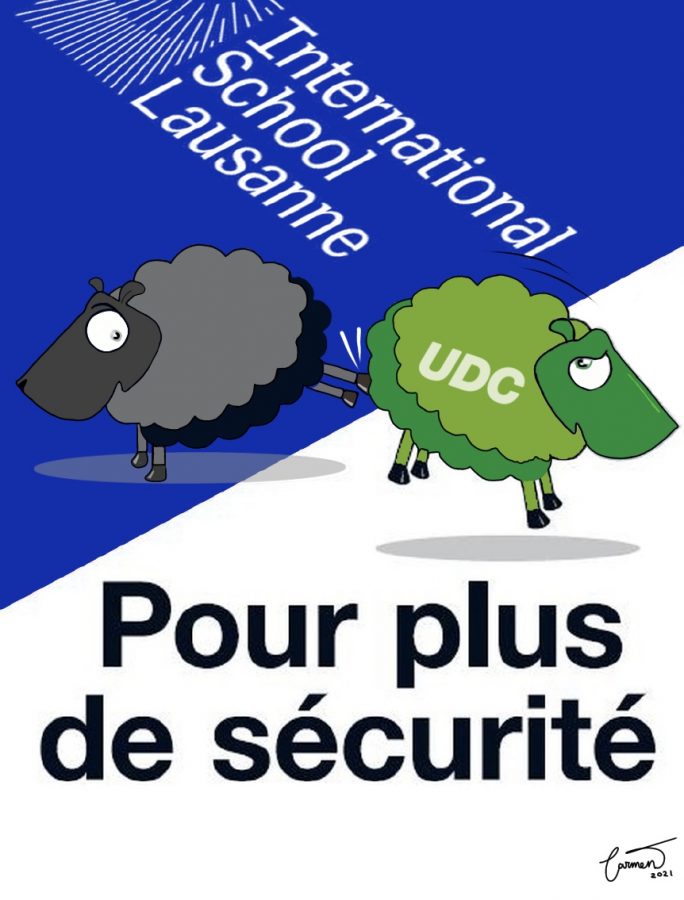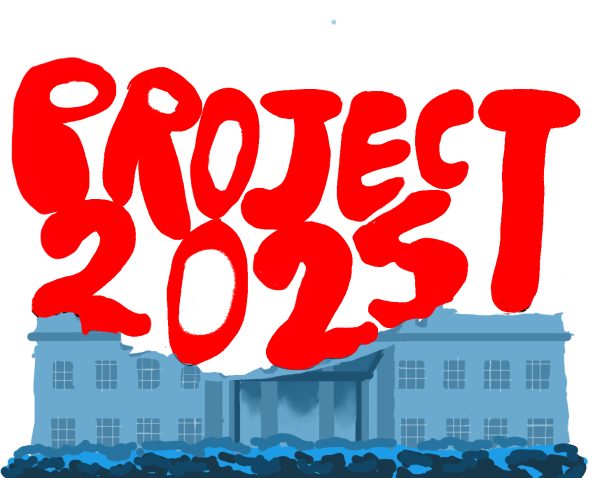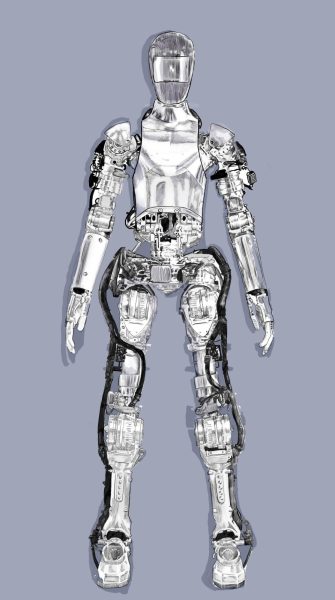A Fête for Fascists
The UDC, also known as the SVP, or Swiss People’s Party, has been a leader in the Swiss political system and known for its right wing social and economic policies. While it has played a critical role in helping to lower taxes and implement the protection of Swiss agriculture and industry, the party has also publicly opposed Swiss membership in international bodies including the United Nations, and the European Union. Many have criticised them for being fascist, but is this really an accurate characterisation? Fascism is commonly associated with German Nazi and Italian regimes that came to power after World War I, but can generally be described as the contempt for electoral democracy, as well as political and cultural conservatism. This is reminiscent of the policies and propaganda produced by the UDC.
The UDC’s main political project is its desire for the preservation of Switzerland. The party was originally formed in 1971 as a merger of the Party of Farmers, Traders and Independents (BGB) and the Democratic Party. The UDC initially had not gained significant support, retaining roughly 11% of the Swiss vote through the 1970s and 1980s. However, following the structural and ideological changes brought about by Christoph Blocher in the 1990s, the UDC rose to become the strongest party in Switzerland by the 2000s. Blocher began raising tension around topics such as Euroscepticism and opposition to immigration. Although the party’s support was originally concentrated in the more rural parts of the country, it now commands considerable following in more urban areas of Switzerland as well. Currently, it holds the highest vote ever recorded for a single party in Switzerland at 29.4%.
It is no secret that the UDC holds Islamophobic, homophobic and general racist attitudes towards Switzerland’s minority groups and the Swiss newspaper – swissinfo.ch – as it went to the extent of likening their propaganda posters to those of the Nazis back in WWII. The UDC has made startling strides in measures to limit foreigners on their land and curbing freedom of rights and expression, including initiating the banning of minarets in a 2009 referendum and the most recent decision to ban the wearing of niqabs and burqas a mere two weeks ago.
What kind of atmosphere does this create for the immigrant inhabitants of the country? How many are willing to speak up against such injustices? Not only are the actions of this party unconstitutional, but we must consider what messages they send to the rest of the world. While the Swiss Federal Constitution cites that no person may be discriminated against on the grounds of their race, religion, gender and so on, the UDC has proposed referendums that contradict this. Examples of this can be seen in the “limitation initiative”, which calls for the Swiss government to impose quotas on migration from the EU, and “Yes to marriage and family, no to marriage for everyone;” a referendum to restrict same sex marriage. According to another popular Swiss news source – thelocal.ch – in a 2020 referendum following the discussion of legal same sex marriage, “other than the right-wing Swiss People’s Party, the proposal was supported by all major Swiss political parties.”
Across several sources the UDC has been previously compared to both Trump and Nazi ideologies: a mix of protectionism and nationalism which foster an antagonistic attitude towards foreigners in the Swiss population. In the same way that Trump has raised support by igniting racial and ethnic tensions through polarisation, the UDC acts similarly in creating a divide between the natives of the country, and its immigrants.
The Swiss Federal Court in Lausanne has even pronounced the former leading members of the right-wing UDC party guilty of racism following a poster that was used during its mass immigration initiative campaign in 2011.
It is noteworthy that 25.1% of the Swiss population is made up of foreigners; this means that not only do foreigners, which include various ethnic and social minorities, constitute an integral part of Swiss society, but also contribute a significant element towards the Swiss economy. It is these stakeholders who are most affected by the UDC’s divisive policies and overtures. Switzerland is a liberal democracy with respect for human rights and equality, and it seems that the UDC’s abuse of rights and freedoms do not align with the peaceful and neutral stance that Switzerland is famed for.
Year 11 Student, class of 2023

I’m a 16 year old student in ISL. I've been in ISL for 8 years. I work on the illustrations for articles (specifically the horoscopes column) and a podcast,...





Lukas • May 21, 2021 at 14:17
57.5% of voters were for the minaret ban, so I feel like it’s less of a party issue and more of a population (or education) issue.
“Switzerland is a liberal democracy with respect for human rights and equality” – but how can this be true if 57.5% of voters support banning minarets? UDC only exists because Swiss people vote for them, and as you said they are the most popular party to ever exist in Switzerland, so maybe your perspective of what Switzerland is is flawed cuz I wouldn’t call a country that bans minarets (lmao) or Burqas a country that has respect for human rights and equality
pretty much –
UDC bad yes, but its more bad that people actually vote for them rather than their mere existence